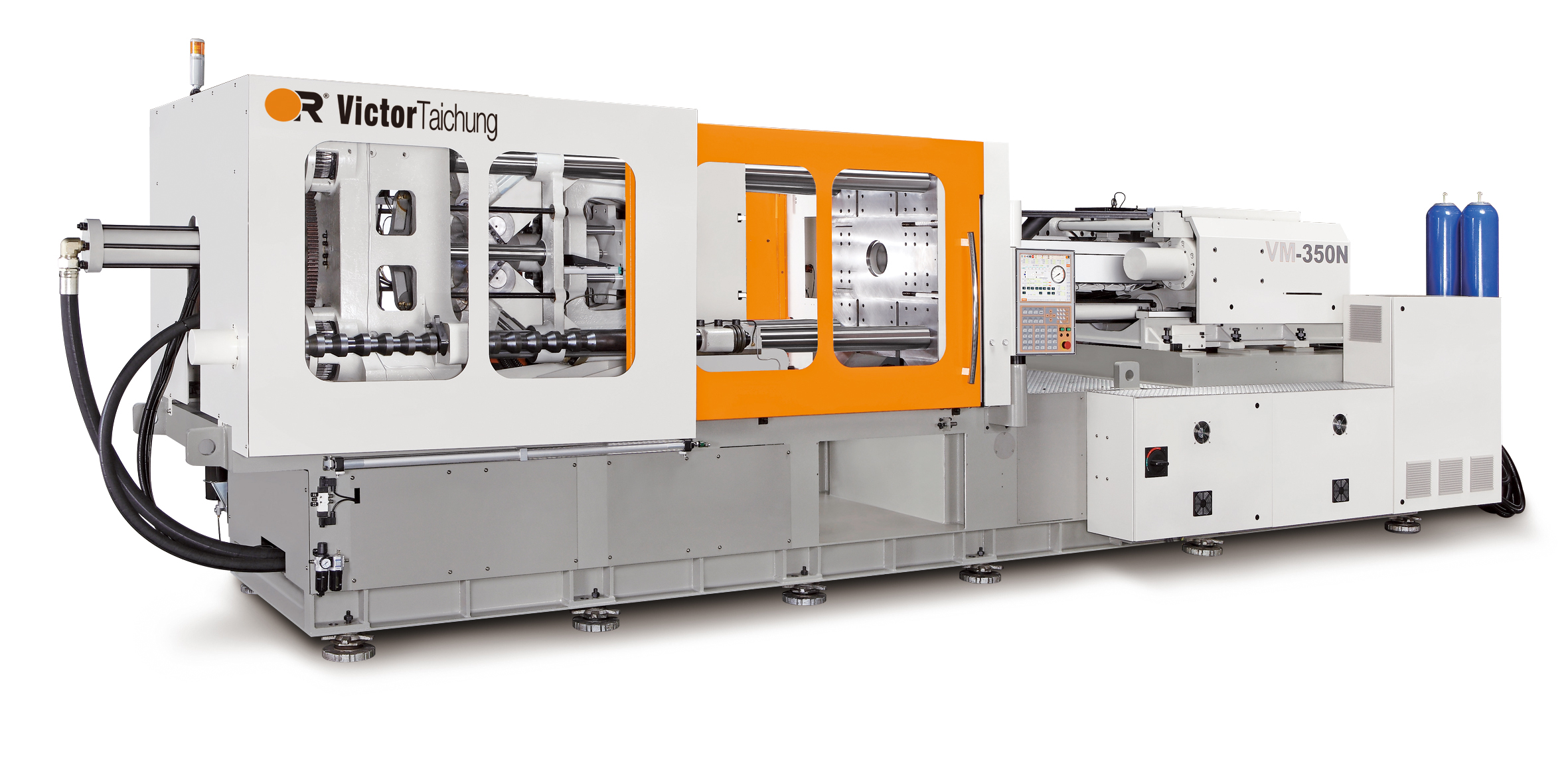Taiwanese company Victor Taichung Machinery Works will be demonstrating at K 2016 the advantage when processors use INEOS polypropylene (PP) made with Milliken & Co.’s Millad NX 8000 clarifier technology.
The machine maker plans to process some 1,300 kg of INEOS’ 100-CC60 grade of PP resin during the October 19-26 trade show in Düsseldorf, Germany.
Victor Taichung says it will produce the clear cups in a four-cavity mold running on its new VM-280E injection press, which it is introducing at the fair.
The setup also will employ an in-mold labeling automation system supplied by Jet Engine Automation.
Victor Taichung developed the machine last year specifically for the manufacture of thin-walled objects.
The VM-280E features a robust, heavy-duty clamp system and a single-piston injection unit with closed-loop servo valve for short cycle times and high-speed injection.
INEOS, meanwhile, says its 100-CC60 grade offers a unique combination of high stiffness (flexural modulus = 1800 MPa and tensile modulus = 1950 MPa), very good flowability and moldability (MFR = 60g/10min), and high clarity (Haze = 17% on 1mm plates).
“Other polypropylene grades on the market offer one or two of these properties but with 100-CC60, we have combined all these top performances in one single material,” says Gaëtane Hallot, the INEOS senior technical service and product development engineer who developed the material.
She sees the ideal applications for 100-CC60 as being highly transparent, thin-wall injection molded packaging trays, buckets and cups or storage boxes, but also sees potential applications for it in all molded parts that require high stiffness, thin walls and high clarity, and that are used at room temperature.
Besides testing for clarity, INEOS wanted to maximize the benefits for the molder by offering a very homogeneous material with excellent dispersion of all additives, the absence of yellow taint and the possibility to develop the best optical properties when molding parts at low temperatures.
Using the Milliken clarifier in PP resin, processors could reduce molding temperatures compared to resins made with previous-generation clarifiers.
This in turn helps converters to better meet sustainability goals by reducing energy consumption and shortening cycle times.
The lower molding temperature also shortens the cooling time of the part prior to ejection from the mold, further speeding production and boosting productivity.











